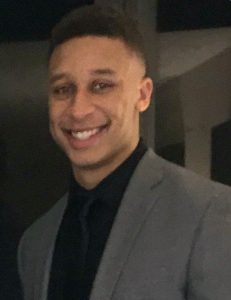
Jan. 15, 2021
Oruche Receives Stipend from Koerner Family Foundation
A Mizzou Engineering student has received a $10,000 supplemental stipend from the Koerner Family Foundation. And for Roland Oruche, the funding could not have come at a better time.
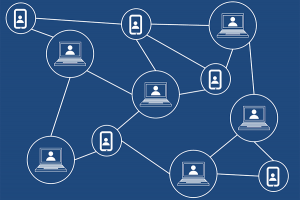
Nov. 4, 2020
Mizzou Engineer Part of Global Team Investigating Blockchain Technologies
Mizzou Engineers are part of a new global team investigating how blockchain technology could revolutionize the insurance industry. Blockchain is an advanced data-sharing system that allows multiple parties to view and manage information in real time. It’s promising technology for the insurance sector—especially when it comes to the complex claims process—however, it is still in early development.
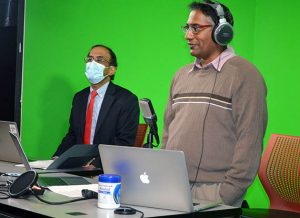
Oct. 20, 2020
Mizzou Engineering Hosts Virtual AIPR Conference
Mizzou Engineering hosted the 49th annual Applied Imagery Pattern Recognition (AIPR) conference last week, proving that a virtual event can be just as robust as meeting in person.

Sep. 16, 2020
Mizzou Cyber Range to Focus on Cyber Pretense Strategies
Hackers are getting smarter about ways to steal sensitive information from the cloud. Now, a new “Mizzou Cyber Range” will train the next generation of cybersecurity professionals to fight back using cyber pretense strategies. Armed with new grant funding from the National Security Agency, Prasad Calyam and his team are building the Mizzou Cyber Range through the MU Center for Cyber Education, Research and Infrastructure.
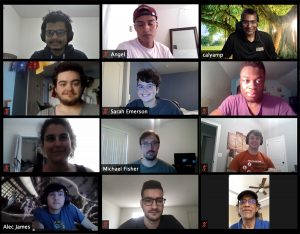
July 31, 2020
Undergraduates Conduct Research Through Mizzou REU
They analyzed data from medical records. Studied the impact of virtual learning environments. And came up with ways to better detect fake videos. In the end, participants of this year’s Research Experiences for Undergraduates (REU) program at Mizzou Engineering gained a deeper appreciation of research and how it applies to everyday life

July 22, 2020
SFS Scholarship Provides Full Funding, Access to Top Researchers
Students selected for a prestigious SFS scholarship at Mizzou Engineering will have the opportunity to study with some of the top minds in cyber security, information technology and data analytics.
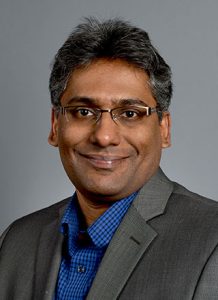
July 22, 2020
NSF Project to Advance Edge Computing
Edge computing has the potential to make our computers and devices run smarter and faster. Right now, though, the technology is in its infancy and not ready for prime time.

June 30, 2020
Mizzou to Offer Cyber Security Camp Virtually this Summer
Mizzou Engineering will offer a cyber security camp for high school students virtually this year. The Hacker Tracker camp is typically part of Mizzou Summer Camps. However, the university has canceled other 2020 camps because of COVID-19 concerns.
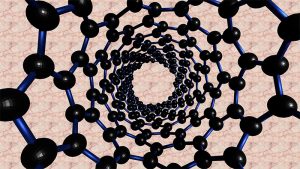
June 18, 2020
Mizzou Team to Use AI to Grow Carbon Nanotubes in Mass Quantities
A team of Mizzou Engineers is turning to artificial intelligence (AI) to help grow and control large quantities of carbon nanotubes—tiny, cylinder-shaped molecules made of rolled sheets of carbon. Using AI is a novel approach to mass producing them, a problem that has plagued scientists for decades. Now, the National Science Foundation is backing the idea with an award funding the group’s research for three years.
- « Previous
- 1
- 2
- 3
- 4